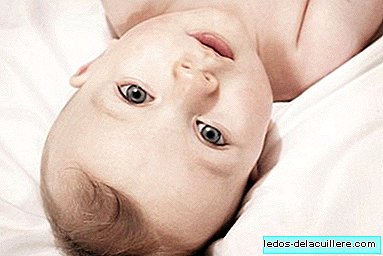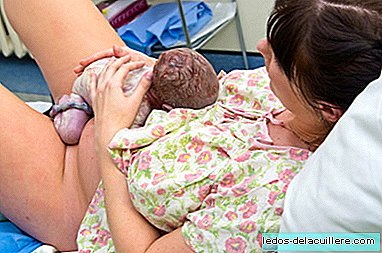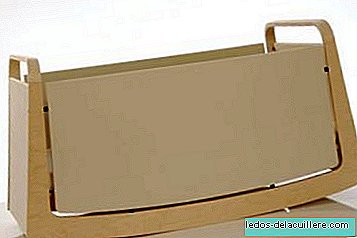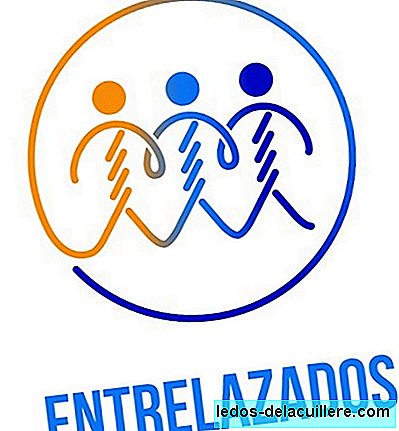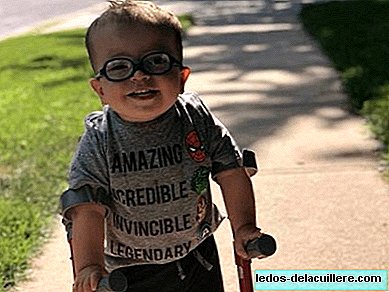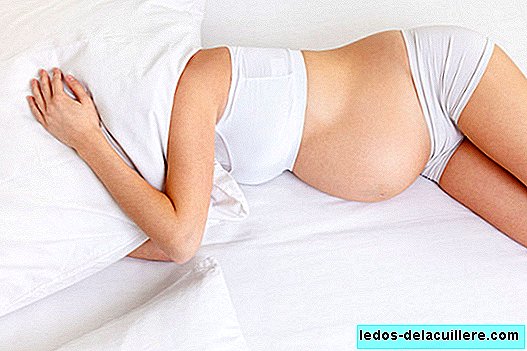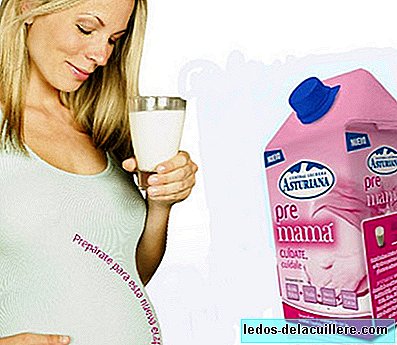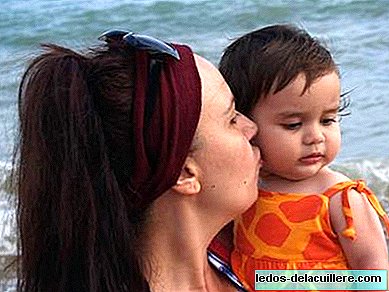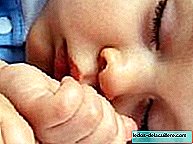
In Spain, more than 150,000 consultations are registered with the pediatrician per year as a result of pathologies related to the respiratory system. Of this large number of consultations, about 30,000 children require hospitalization and, wheezing episodes, worries pediatricians, because their difficult diagnosis can be confused with very serious diseases such as cystic fibrosis.
Wheezing, usually called "pitos", are one of the most frequent causes of pediatric consultation. It is an acute whistle produced by the obstruction of the respiratory ducts that is generated by the passage of air when breathing. These "pitos" concern parents a lot, as it suggests some type of respiratory distress.
50% of children under three years will have some episode of wheezing, and 30% will have several, even some at 6-7 years. Children who at three years stop suffering episodes of wheezing, would be transient wheezing, indicate that they have been produced because the child when he is born has an altered lung function, usually due to the mother's smoking during pregnancy. Over the years, and if combined with smoking, this person is more likely to develop a chronic lung disease.
60% of children suffering from wheezing stop suffering from this pathology, but half of the remaining 40% will continue to suffer from atopic wheezing accompanied by allergy, dermatitis or bronchial inflammation that will require chronic treatment. According to Dr. José Ramón Villa of the Niño Jesús University Children's Hospital in Madrid, these children, who are born with normal lung function, may have asthma before the age of 6.
Parents are very reluctant to administer medication for a long time to their children, so, as soon as the symptoms disappear they suspend it. Maintaining proper treatment during the first years of life is the best for your health and possible healing.
Specialists have the book "Wheezing in the infant", sponsored by the MSD laboratory, an ideal tool for diagnosis.
If you notice that your baby has "pitos", do not hesitate to consult with the pediatrician as soon as possible, as always, an early diagnosis can avoid major evils.


